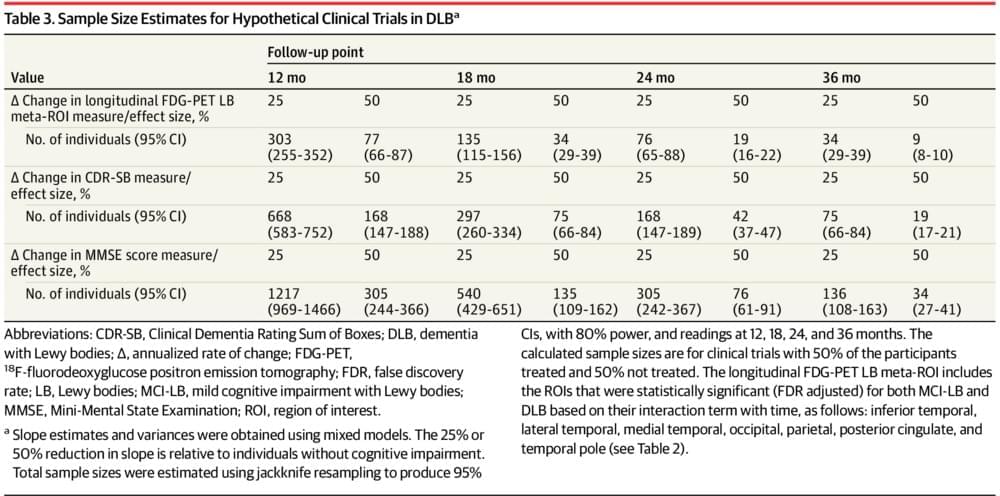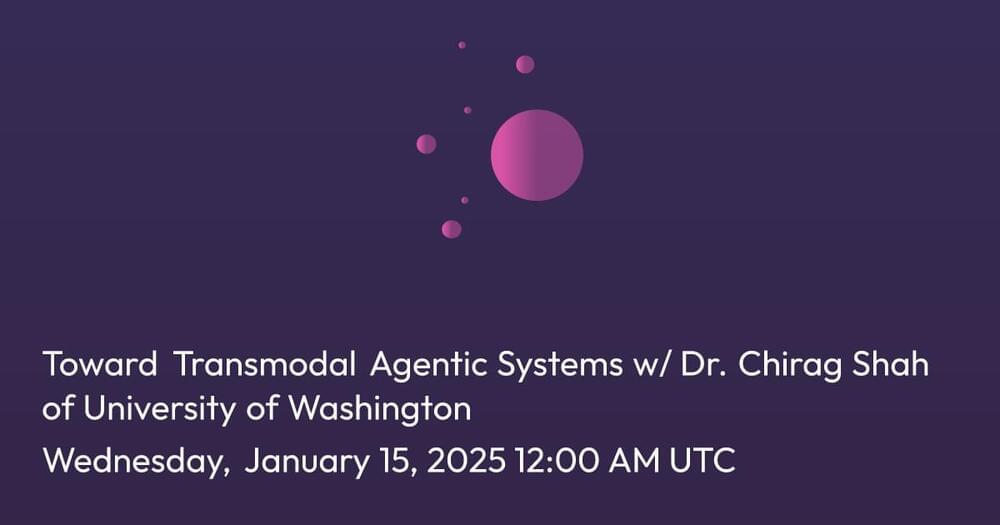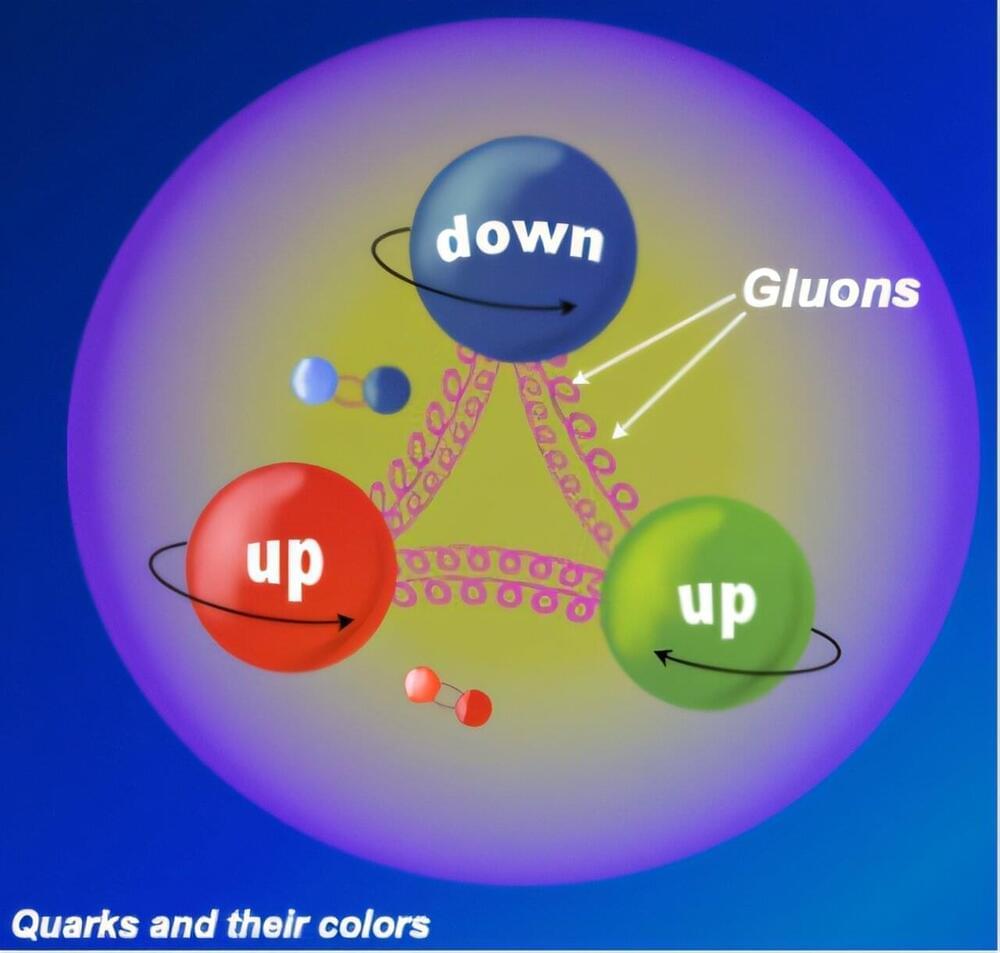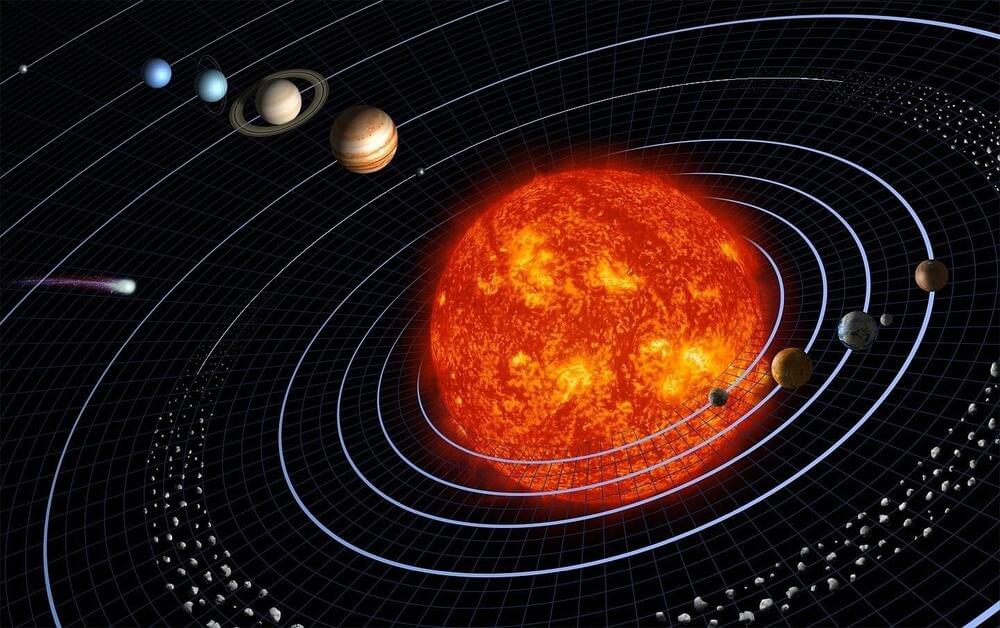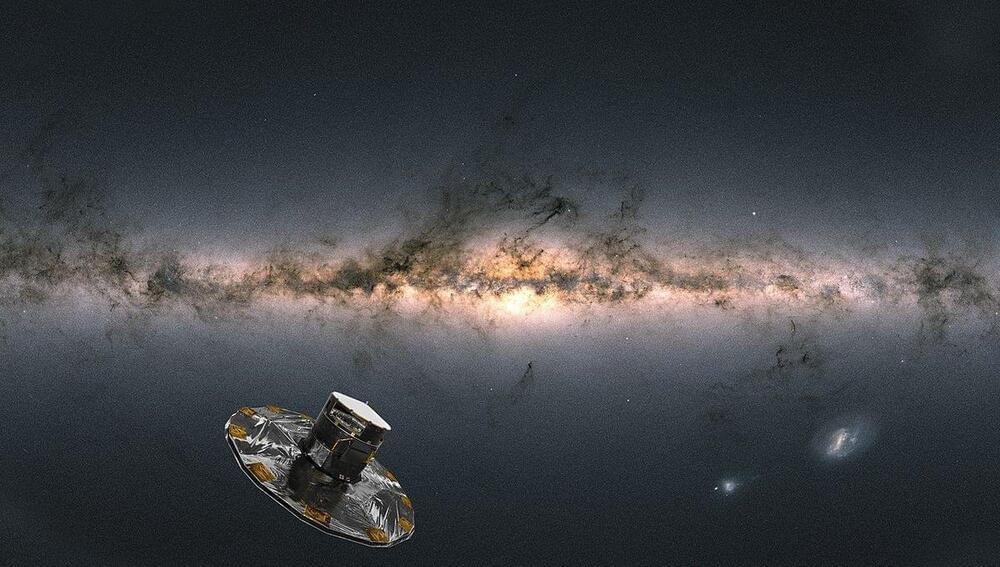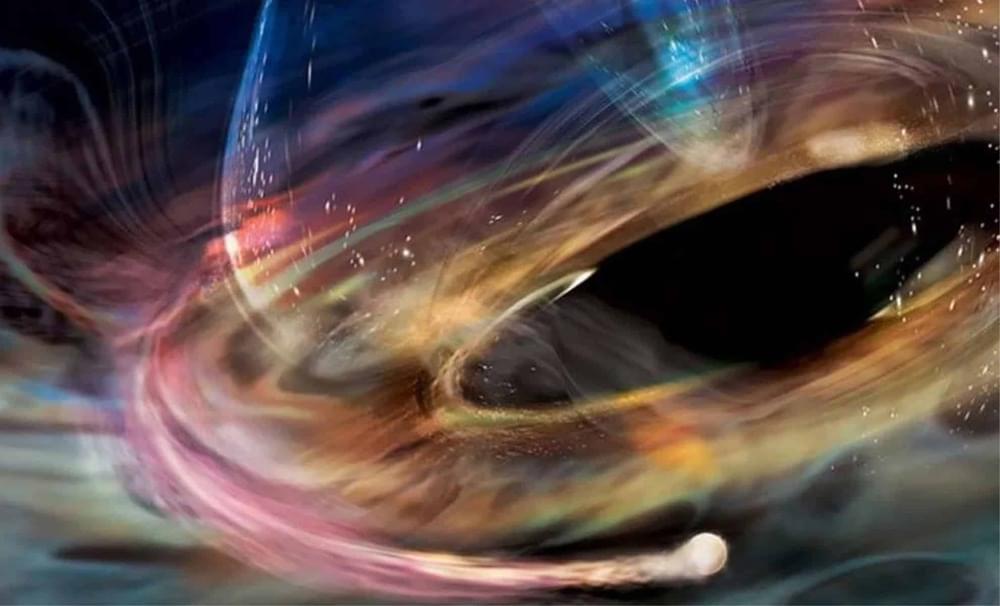Jan 13, 2025
Longitudinal FDG-PET Metabolic Change Along the Lewy Body Continuum
Posted by The Neuro-Network in categories: biotech/medical, neuroscience
DLB is a common cause of dementia. It starts by the abnormal accumulation of the protein alpha-synuclein in the brain. This produces degeneration of the brain and causes problems with thinking, movement, and behavior. Eventually, the disease leads to dementia and death. Doctors use a imaging technique called FDG-PET to assess how the brain is affected in DLB. However, until now, there was no information on how these brain changes develop over time.
The study, led by Dr. Daniel Ferreira at the Department of Neurobiology, Care Sciences and Society, followed 35 patients with DLB, 37 patients with early-stage DLB (called prodromal DLB), and 100 healthy people from Mayo Clinic (USA), for an average of 3.8 years. The researchers found that brain degeneration starts early in prodromal DLB and worsens as the disease progresses.
“We discovered that people with prodromal DLB had faster degeneration in certain brain areas compared to healthy individuals,” said Dr. Ferreira.” This information is crucial for monitoring disease progression from early stages and planning clinical trials for new treatments.”
Continue reading “Longitudinal FDG-PET Metabolic Change Along the Lewy Body Continuum” »
